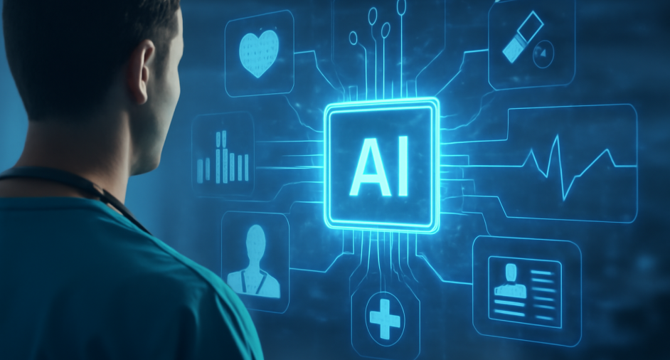Unite
1M
127

Image Credit: Unite
The Future of AI in Healthcare: Connecting Patient Data Across Care Settings to Improve Preventative Care
- In healthcare, providers struggle with excessive data but lack insights, as 97% of data remains unused due to extraction challenges.
- AI is increasingly used to enhance patient safety event analysis and streamline incident reporting in hospitals and health systems.
- AI is also applied to remote patient monitoring tools, aiding in quick data processing and integration for better care quality and insights.
- The lack of data sharing between care settings leads to inefficiencies, delays, and errors in diagnosis and medication administration.
- Effective data sharing is crucial for care coordination, reducing errors, and enhancing workforce efficiency in healthcare.
- AI can assist in connecting and interpreting data from different care settings, providing valuable insights into patient conditions and trends.
- Continuous AI-supported data exchange can minimize administrative burden and enable proactive care to anticipate patient needs and improve treatments.
- By leveraging AI tools and data connectivity, hospitals can transition from reactive to preventative care strategies for better patient outcomes.
- While AI tools are still evolving, the potential is promising for transforming care delivery and ensuring safer and more proactive healthcare practices.
- AI has the capacity to revolutionize patient care by amalgamating data from various sources to focus on holistic care rather than just symptoms.
Read Full Article
7 Likes
For uninterrupted reading, download the app